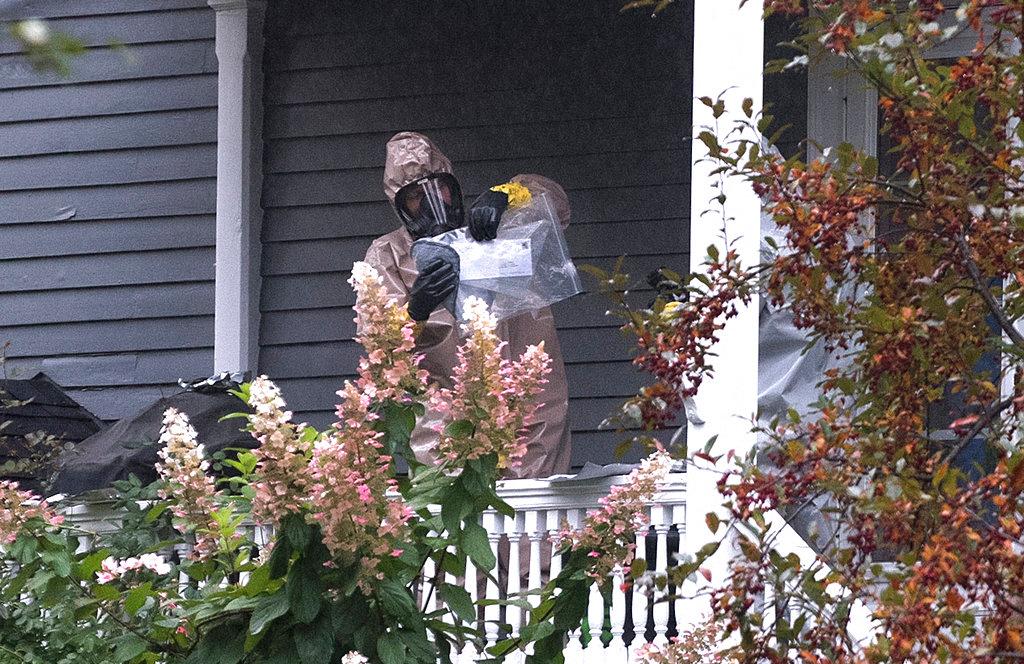Sen. Susan Collins (R-Maine) received a suspicious letter on Oct. 15, the latest in an emerging trend toward violence and threats against Republicans.
A Utah man was arrested on Oct. 3, after suspicious letters initially believed to contain the poison ricin were intercepted on their way to the White House and the Pentagon, addressed to top military officials and President Donald Trump.





